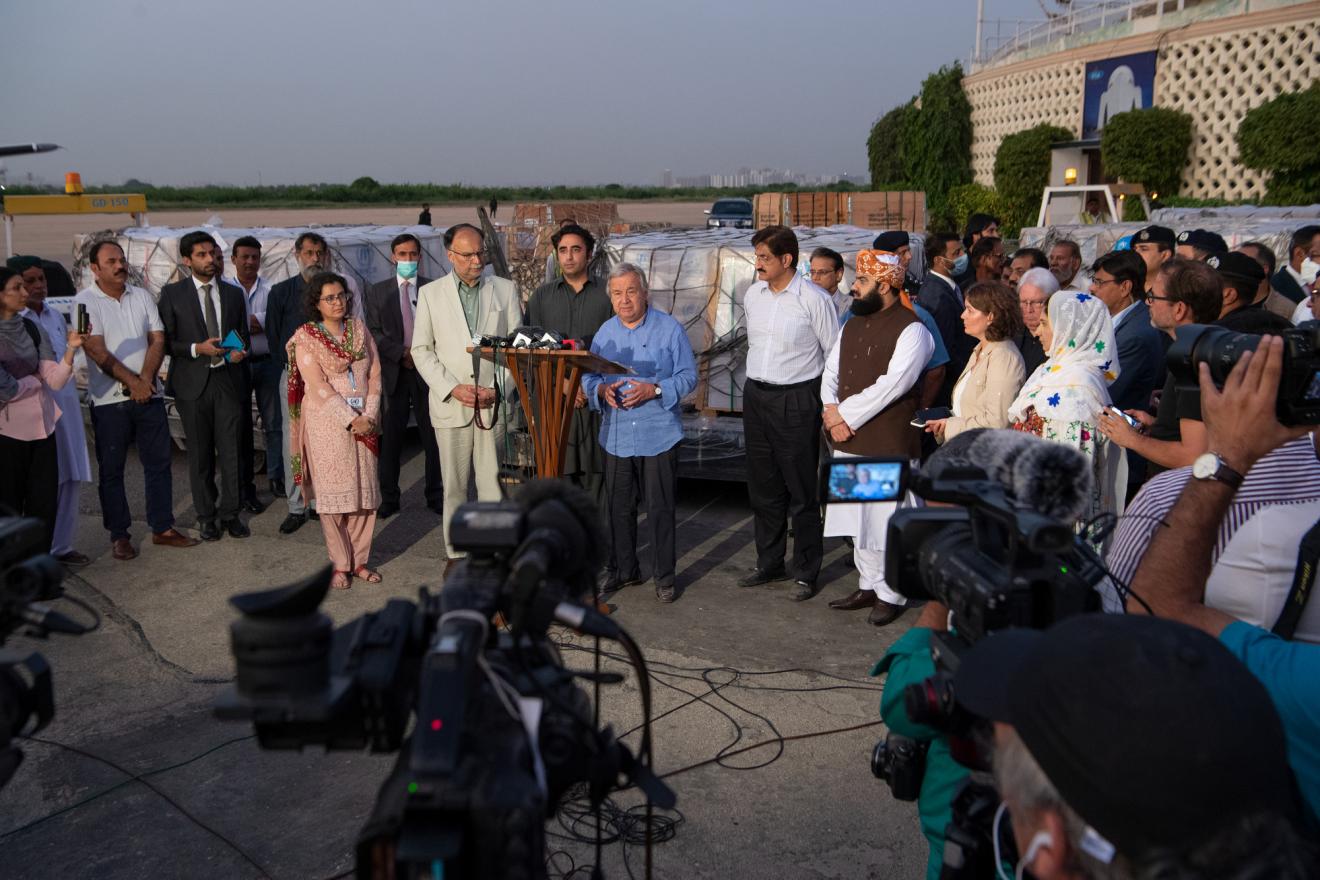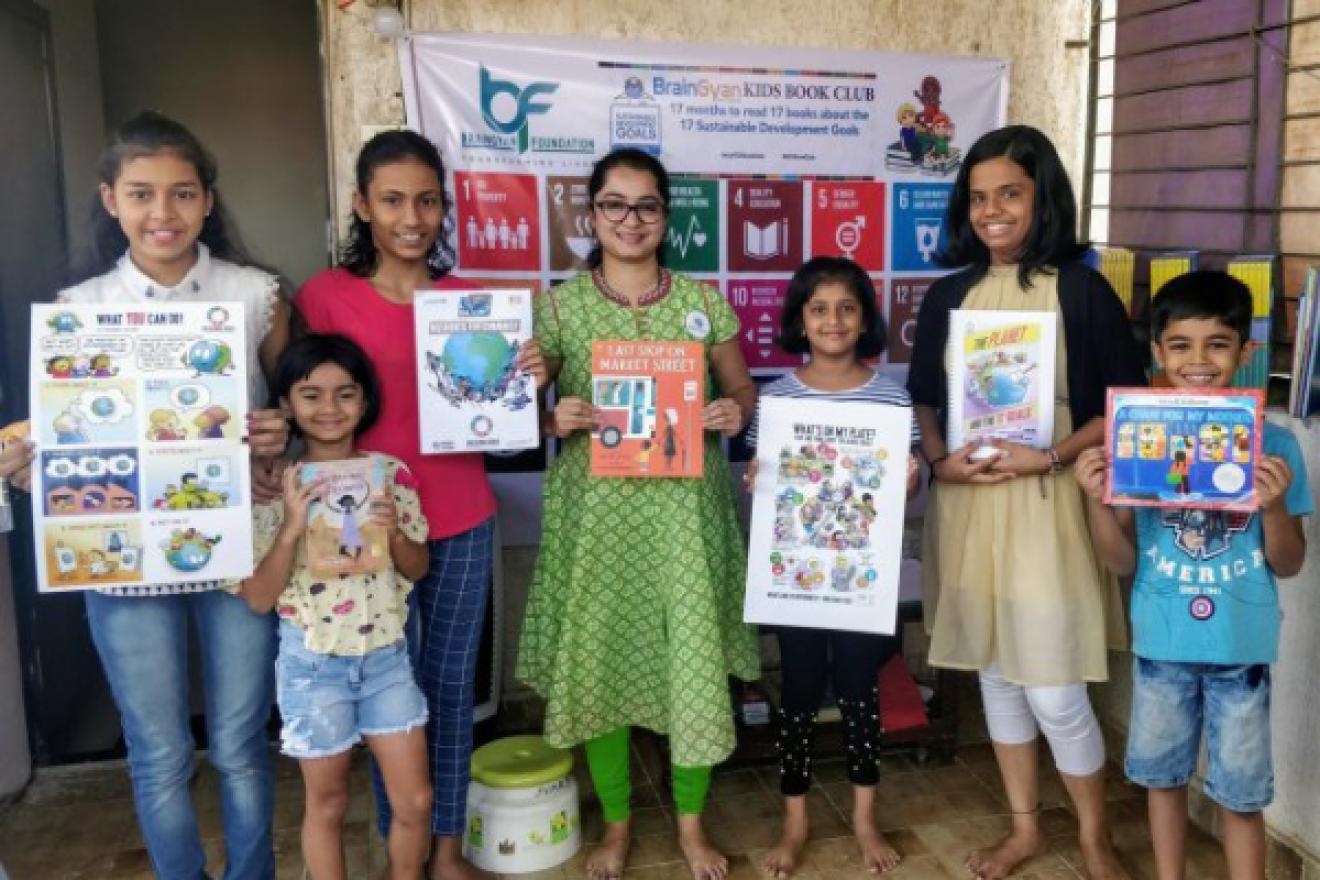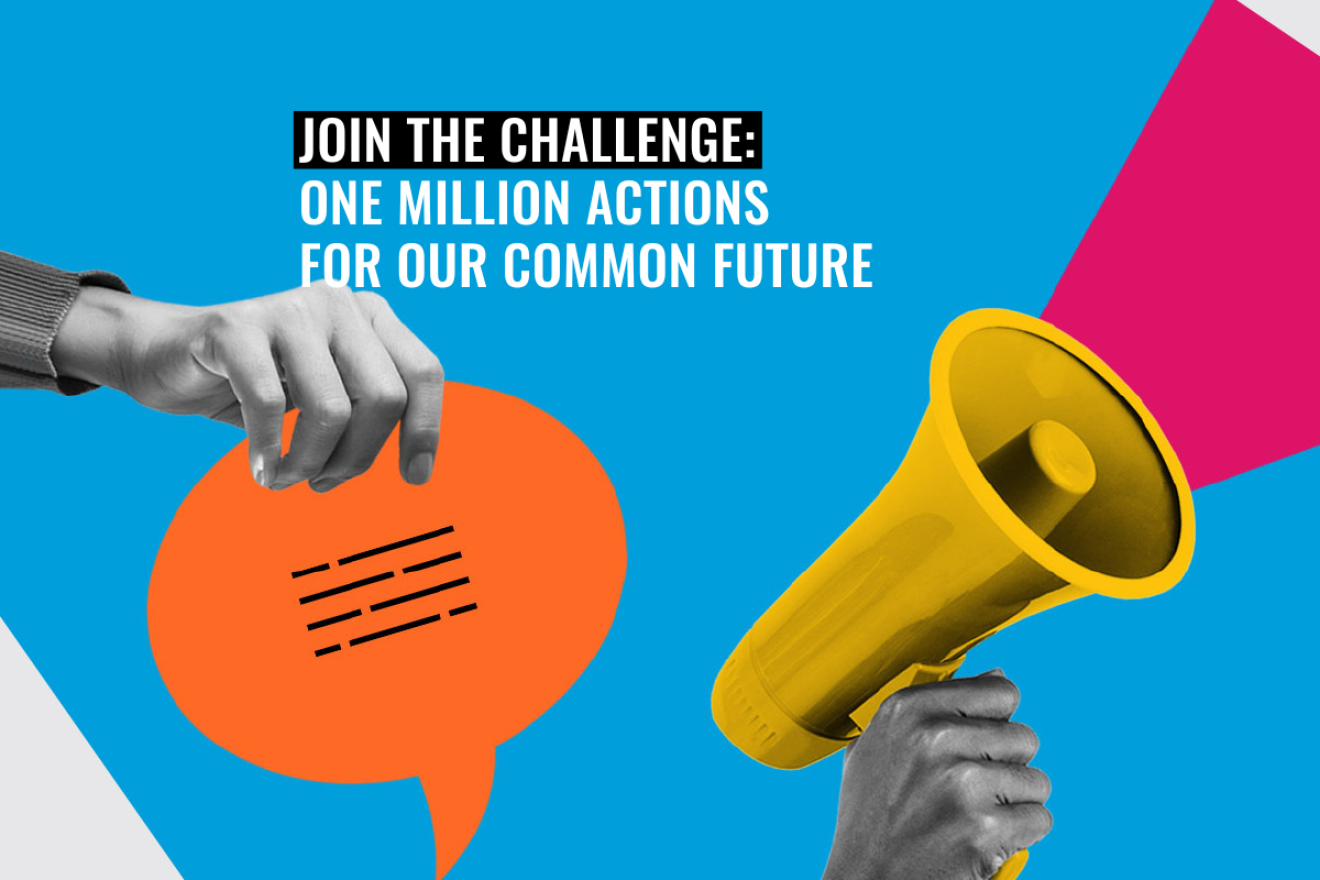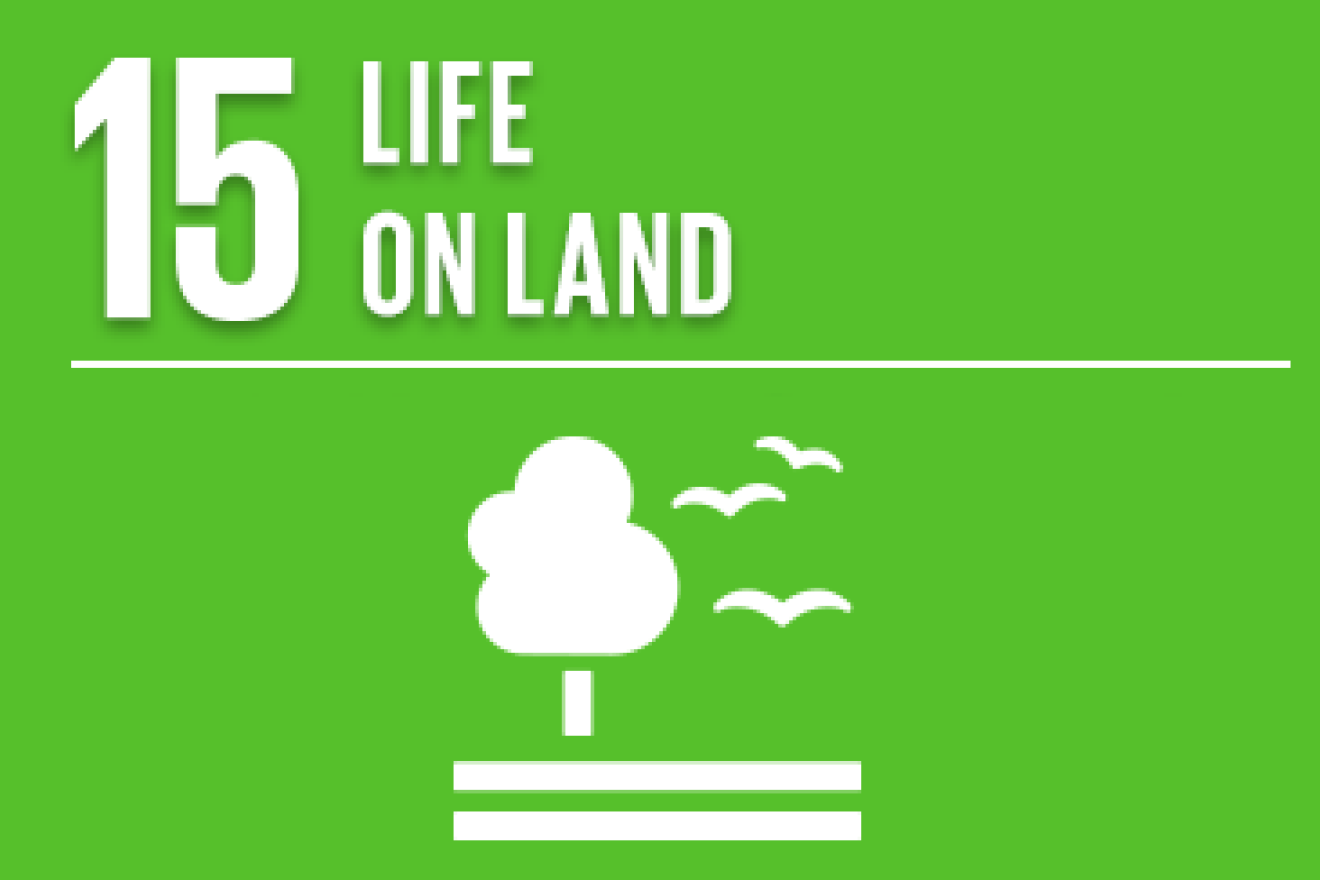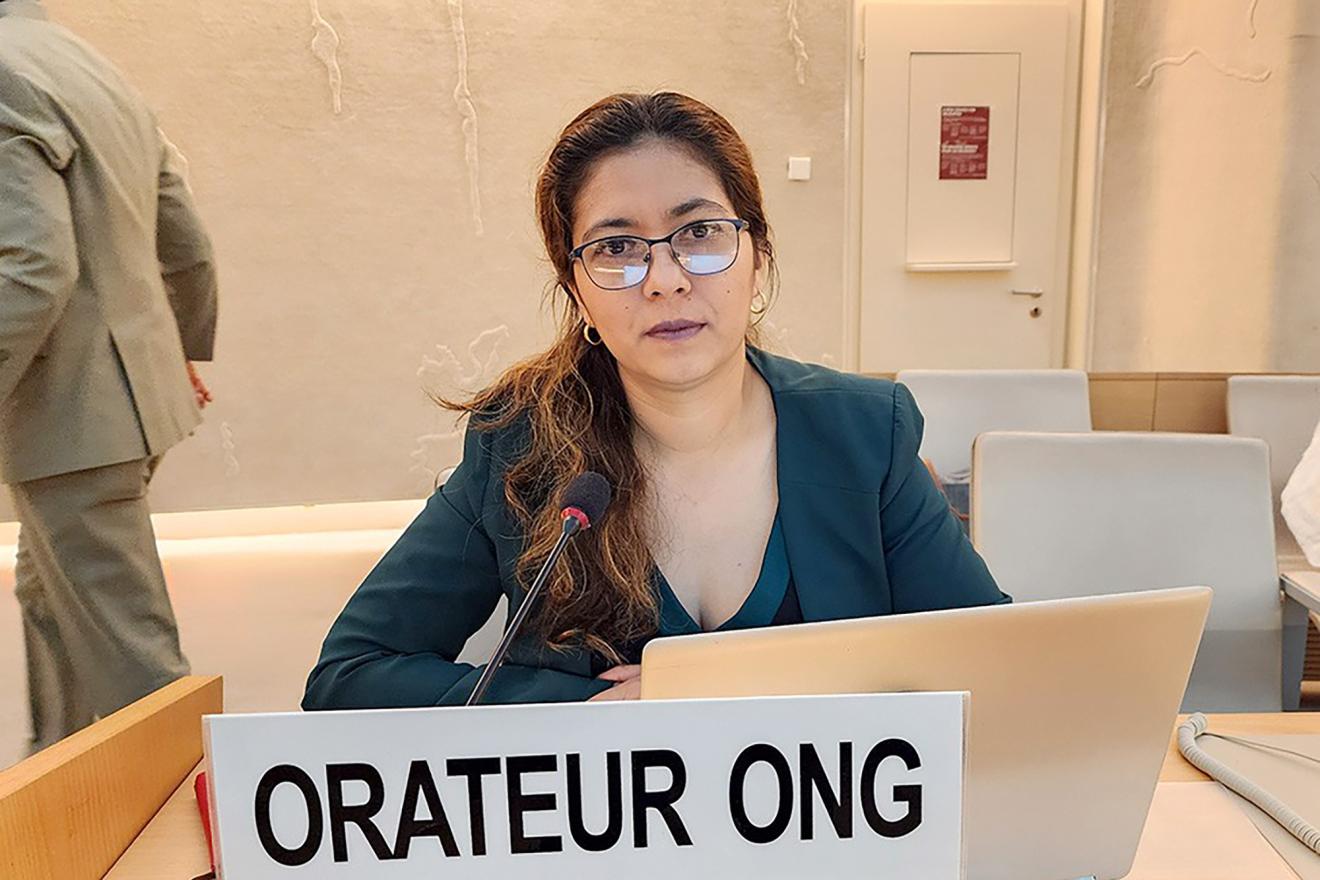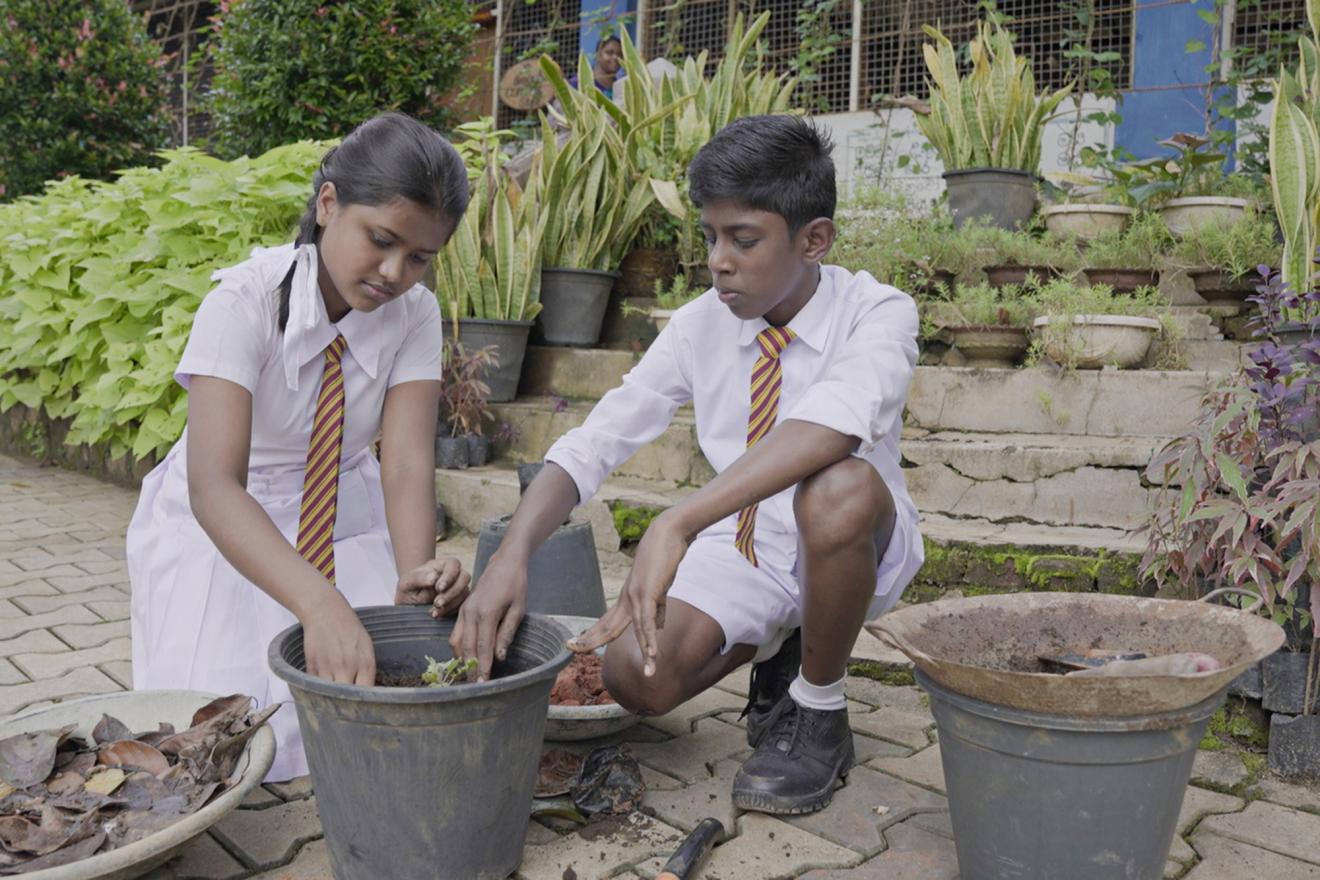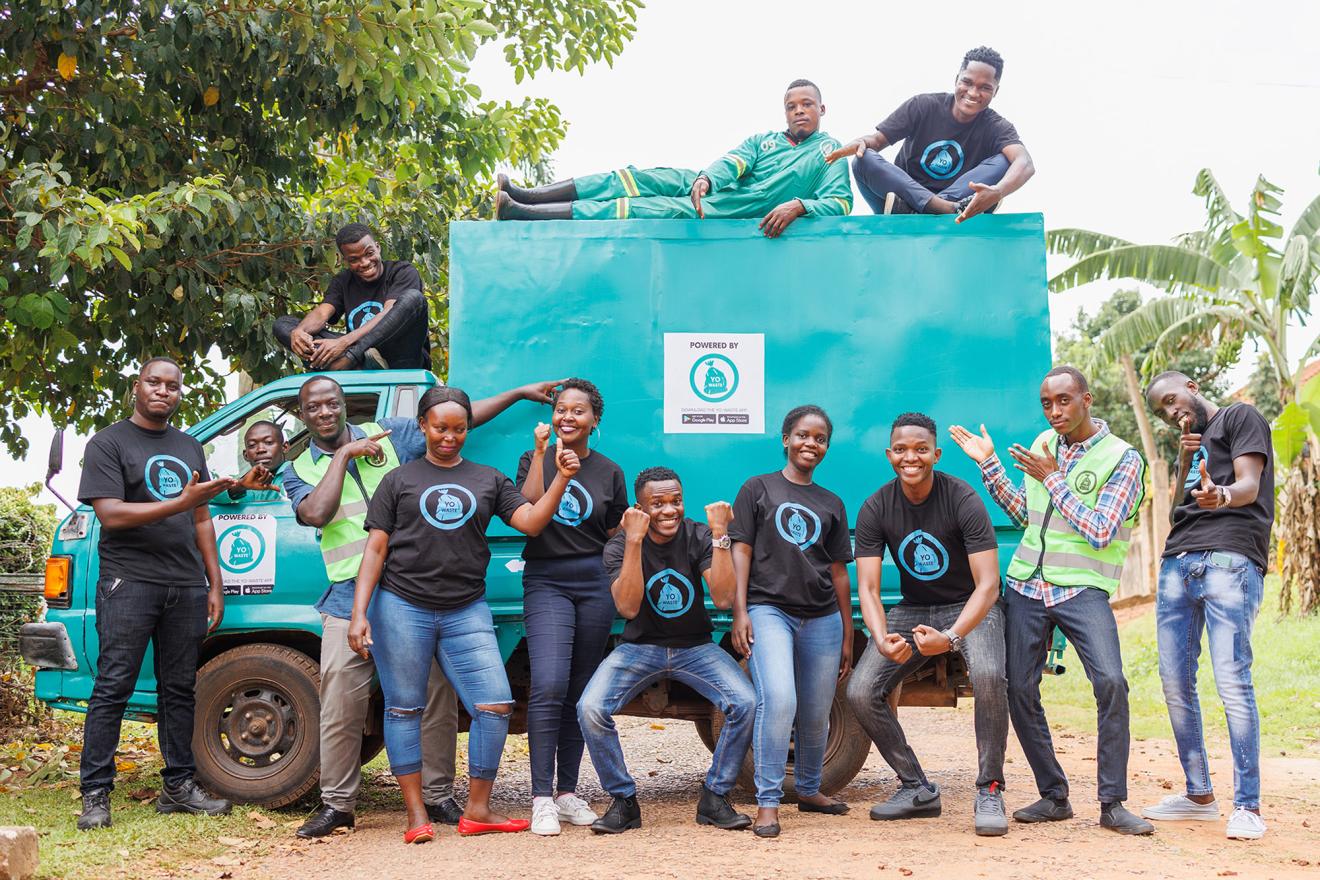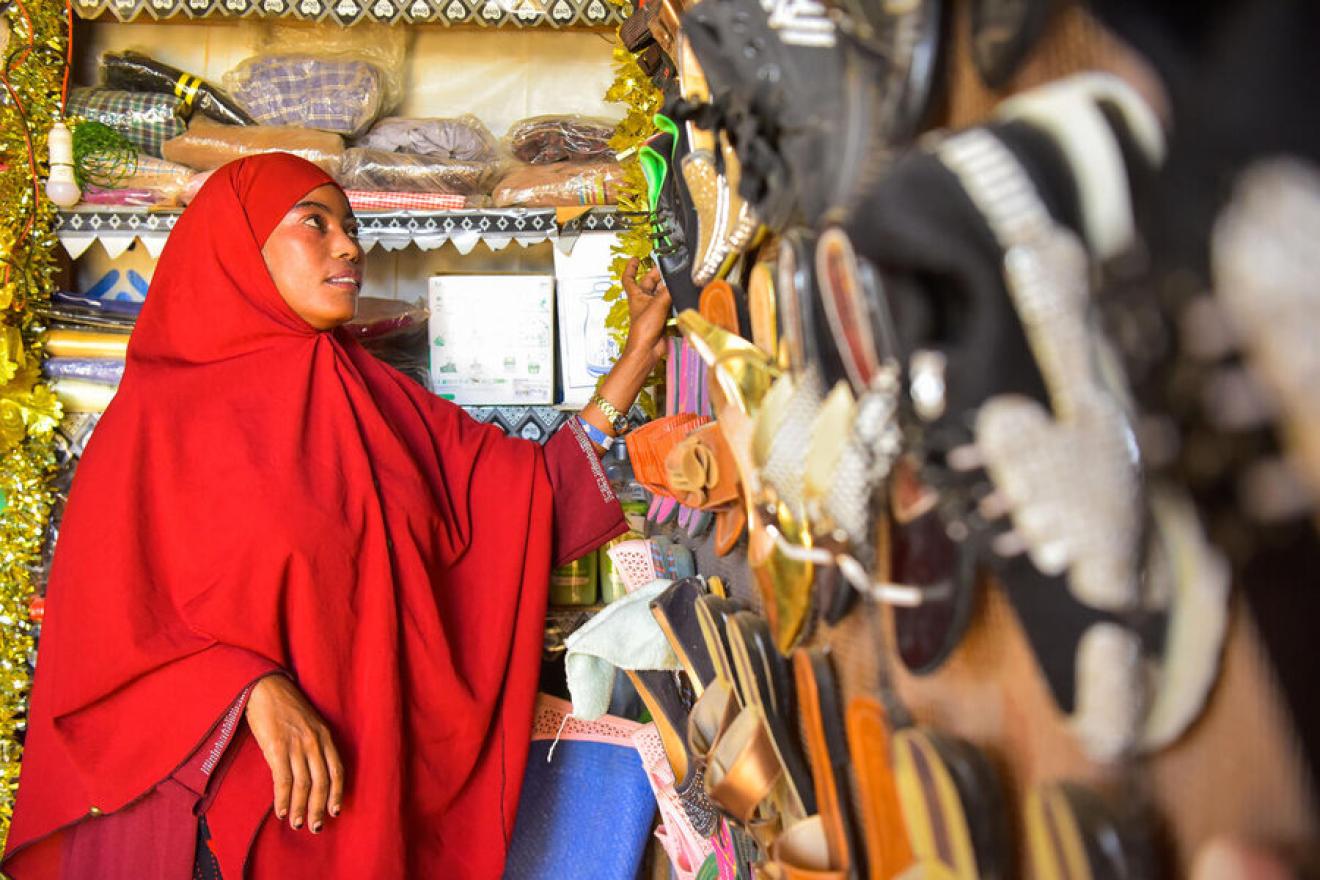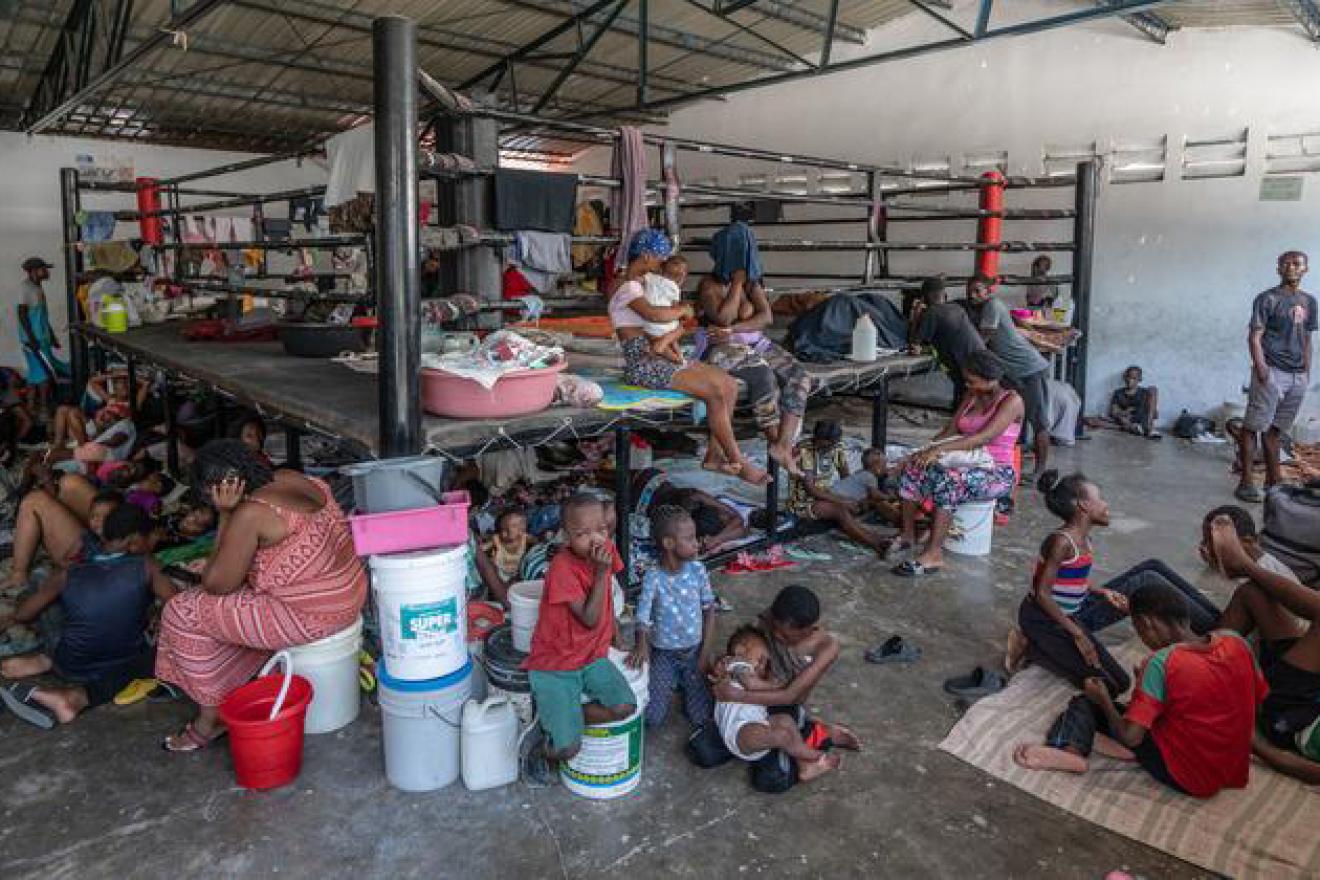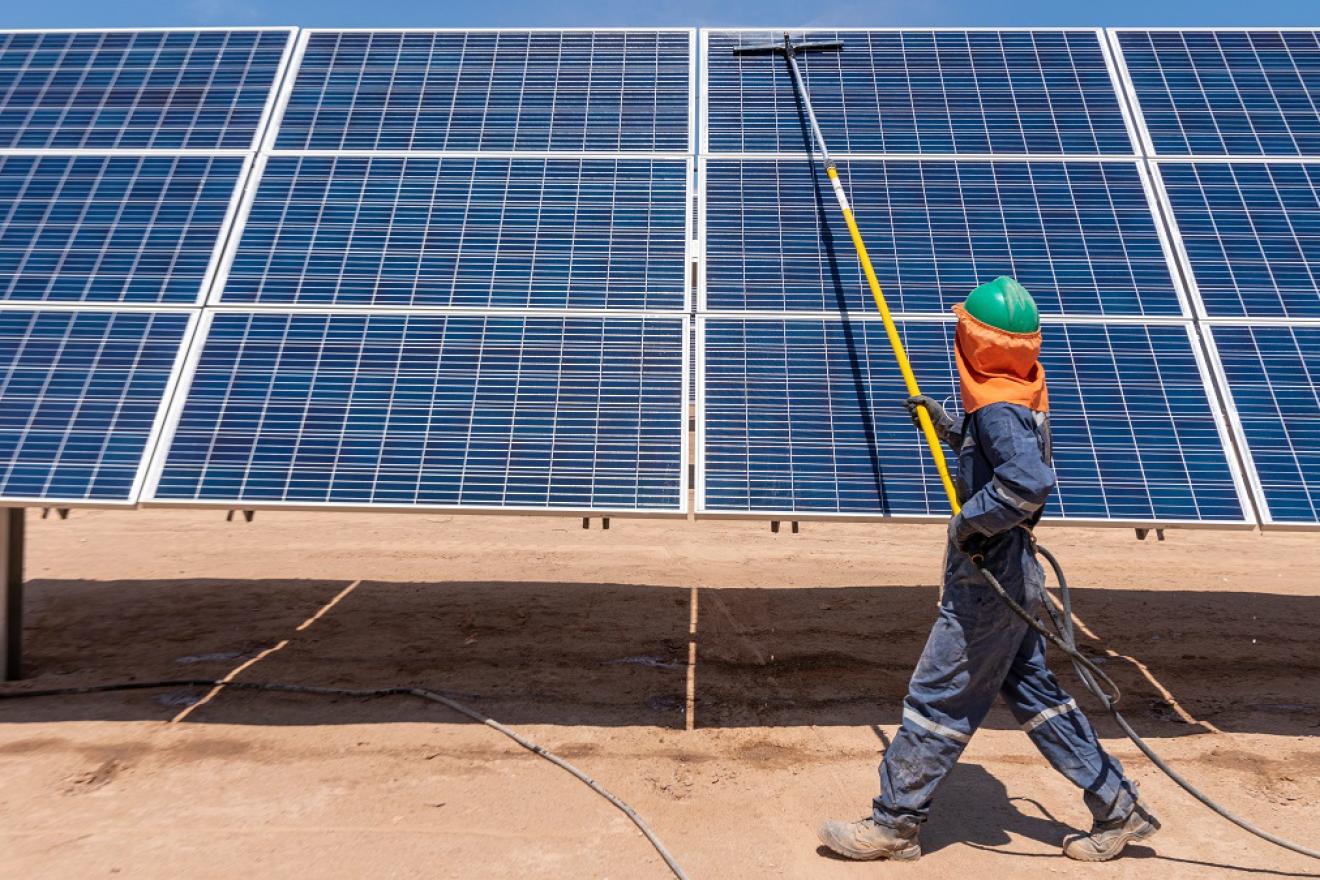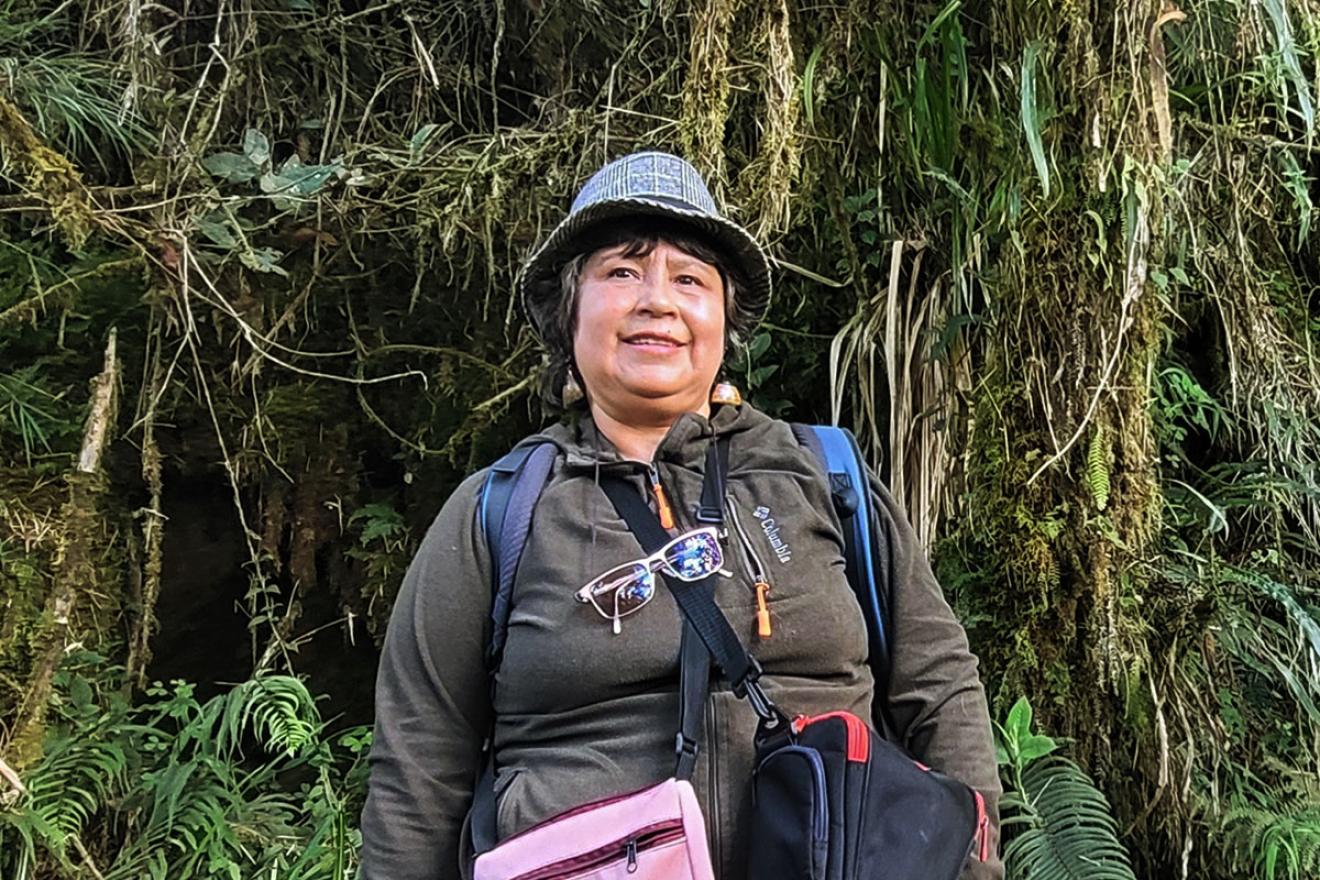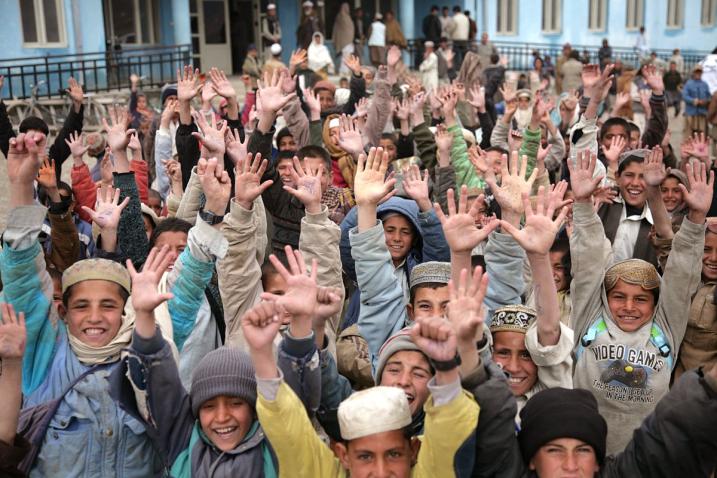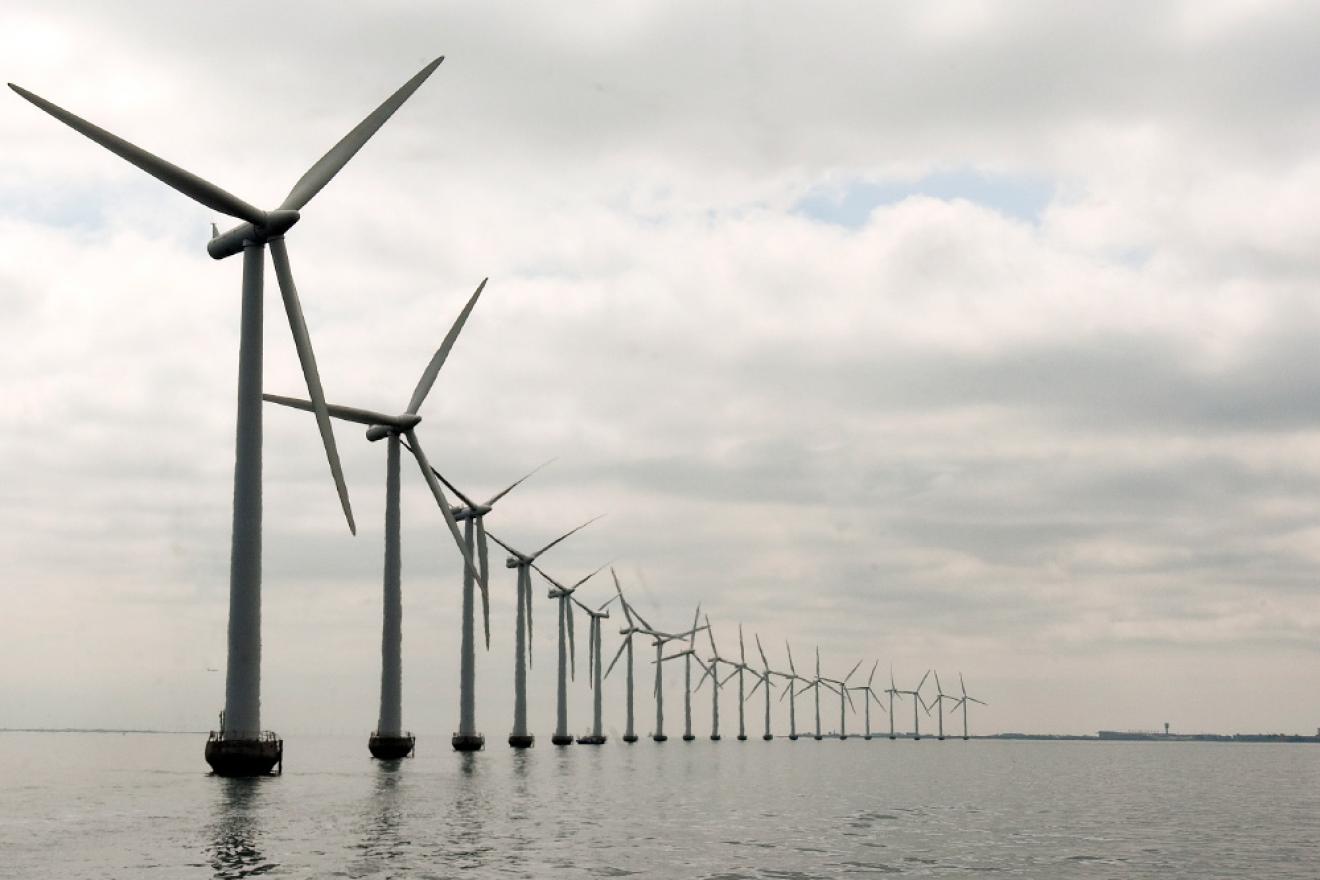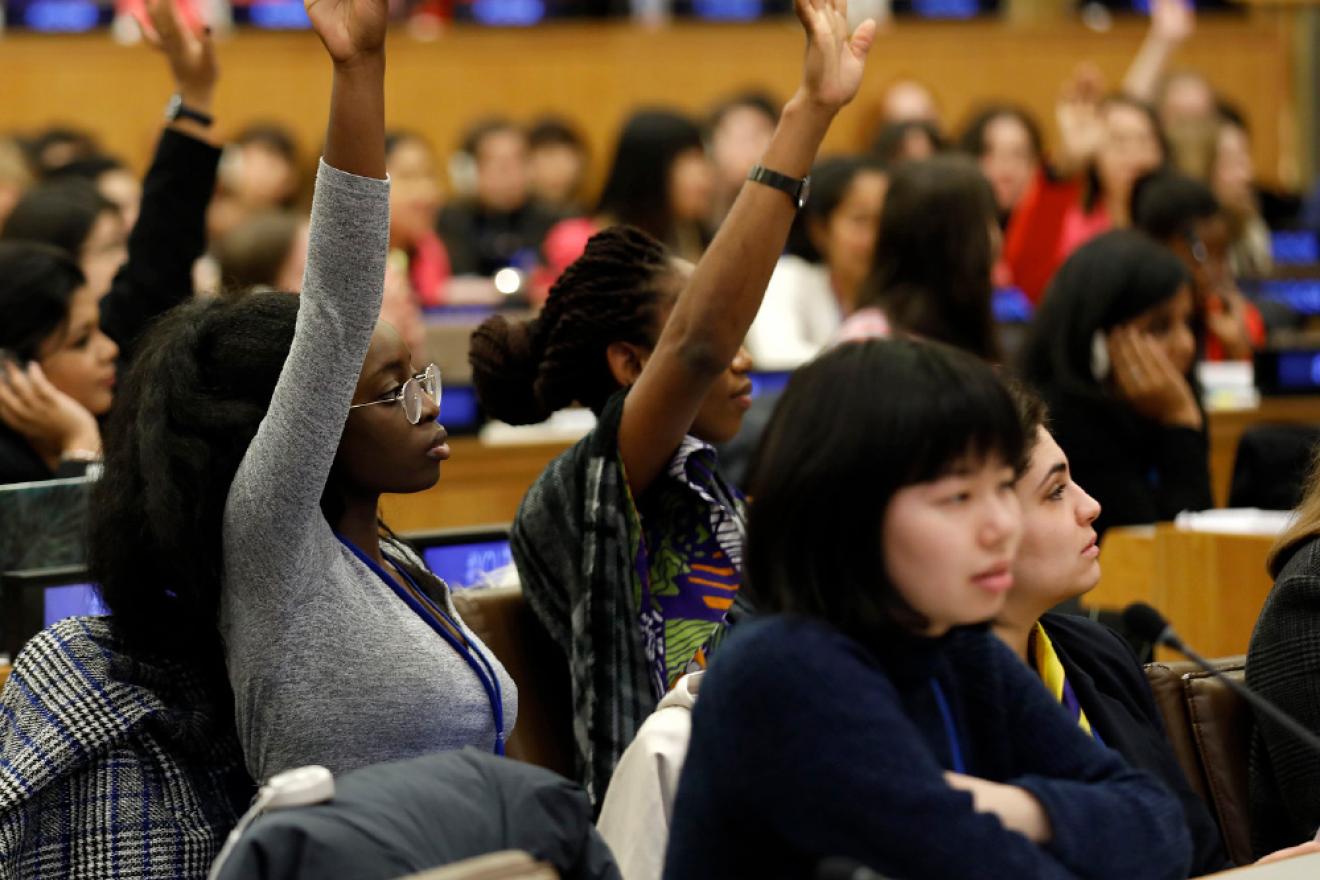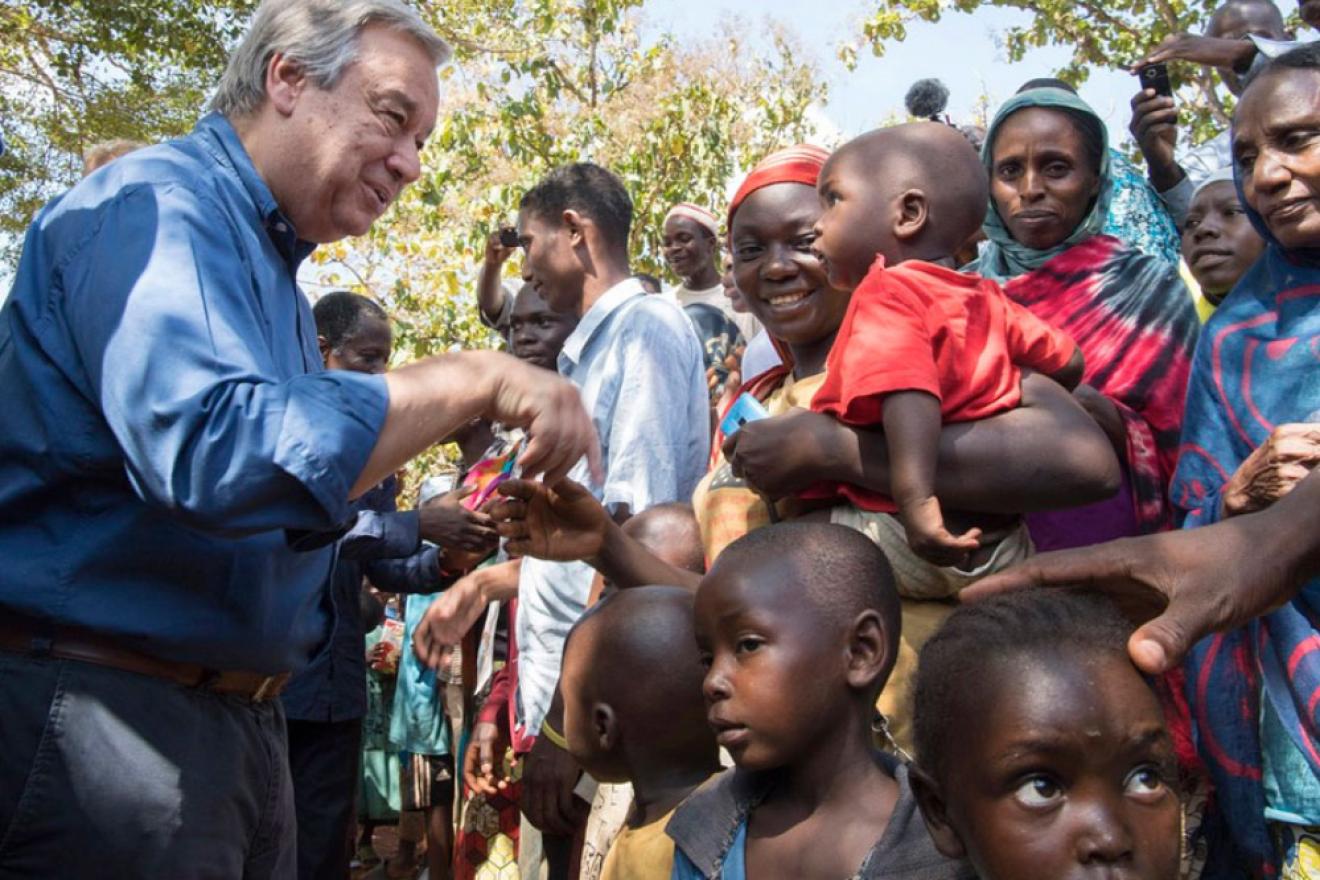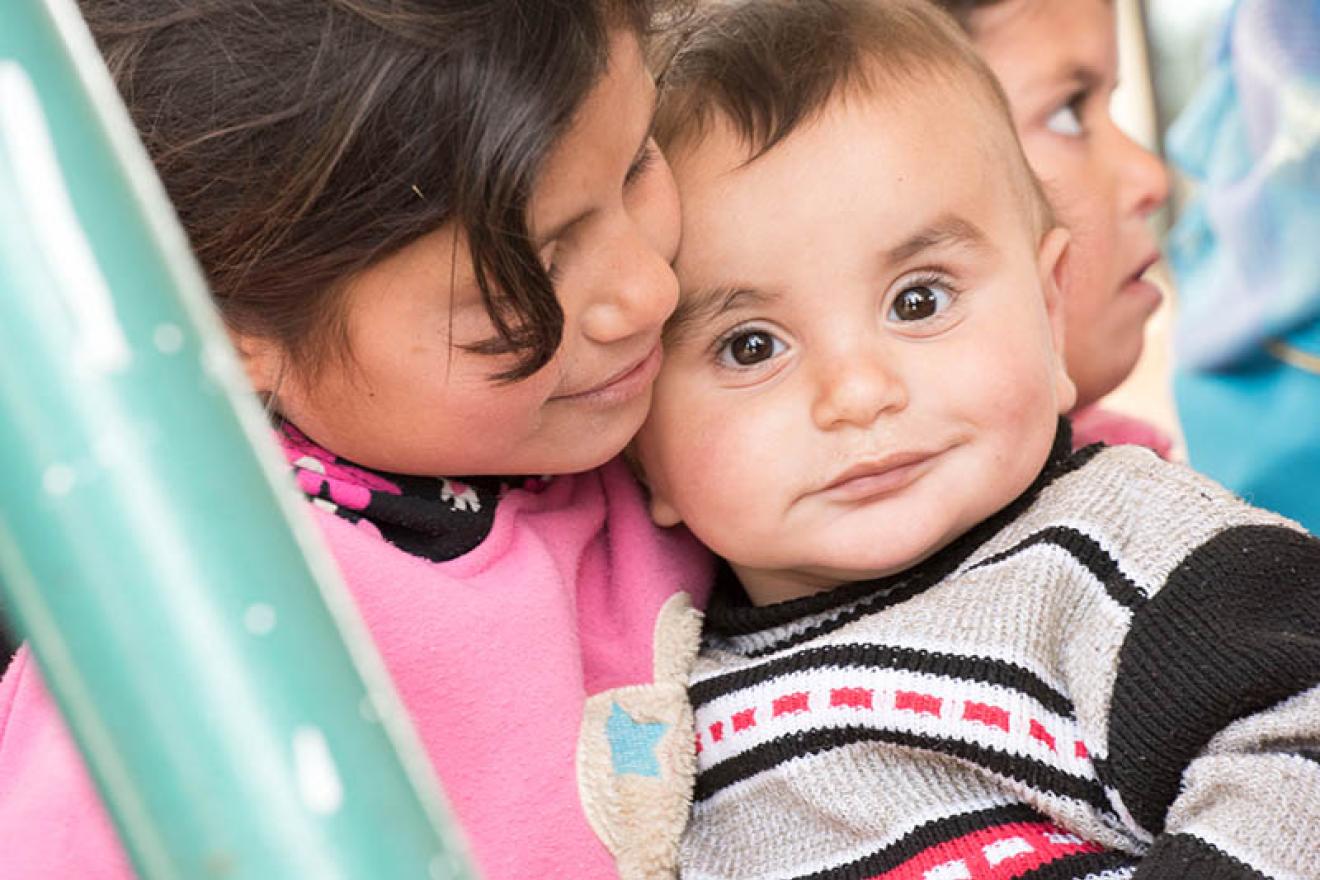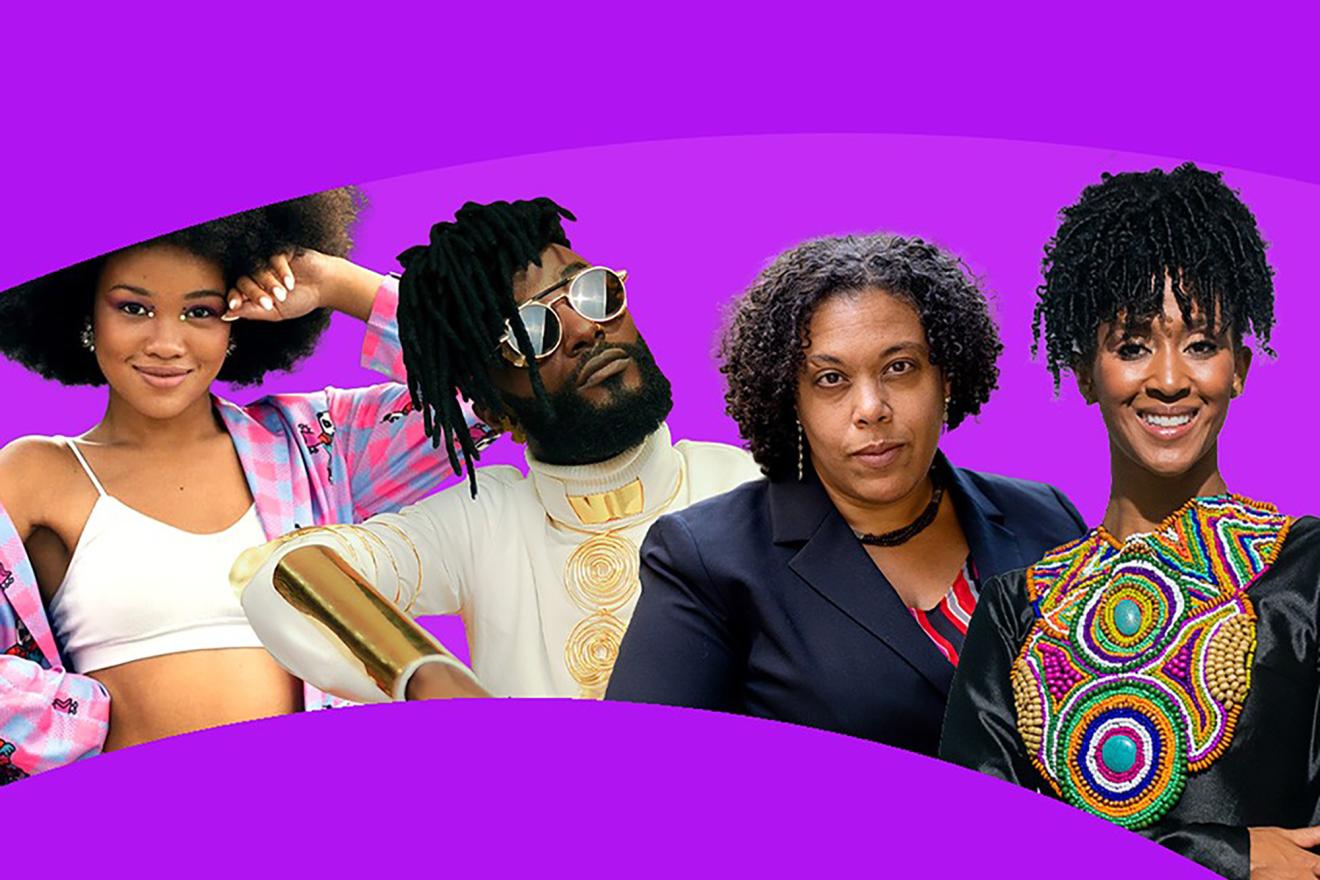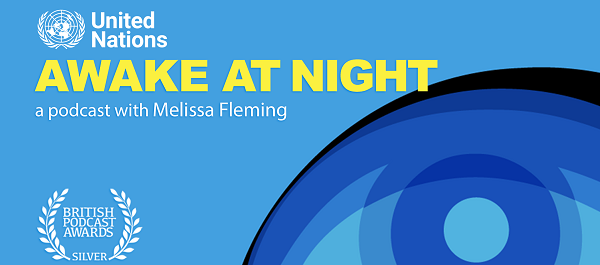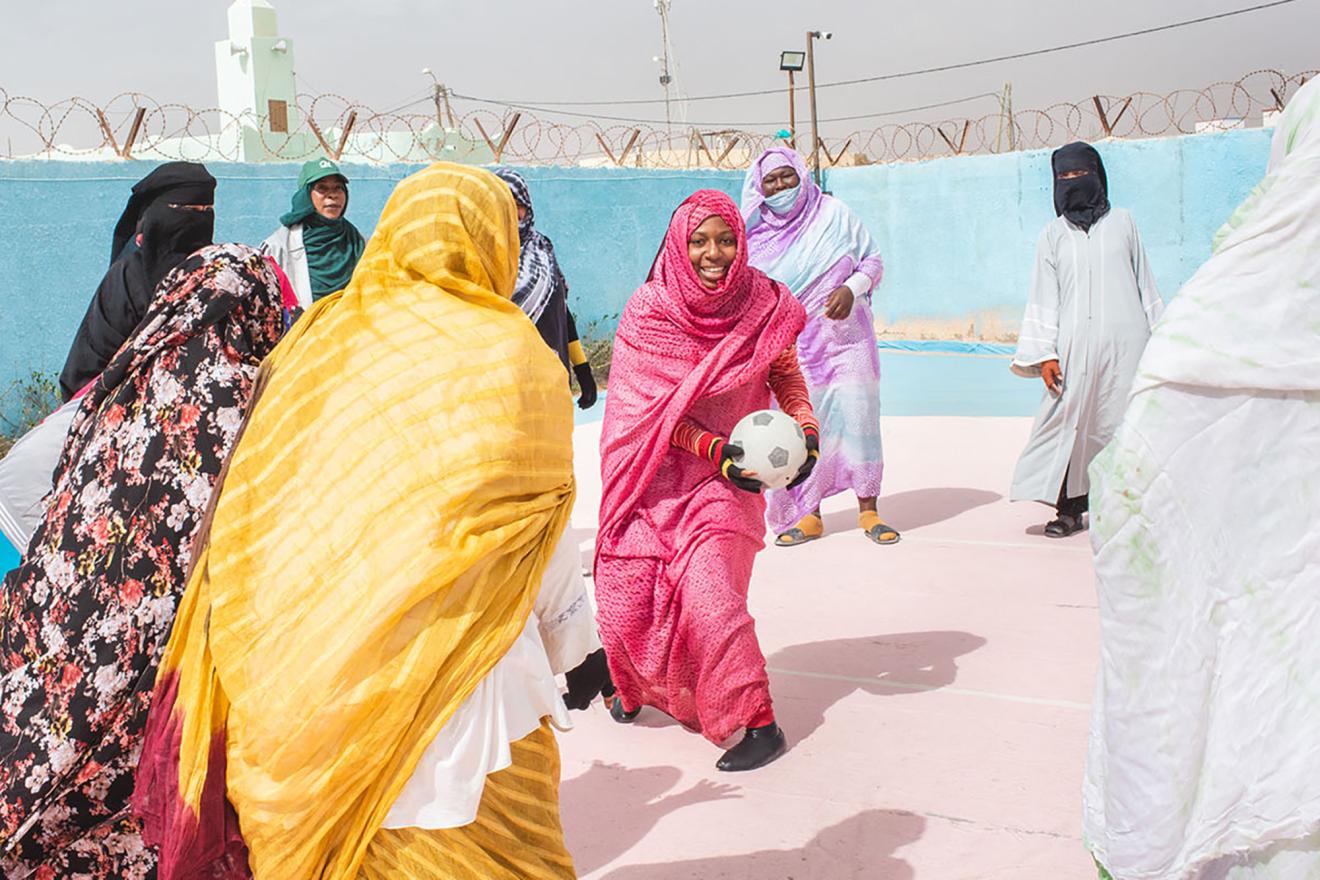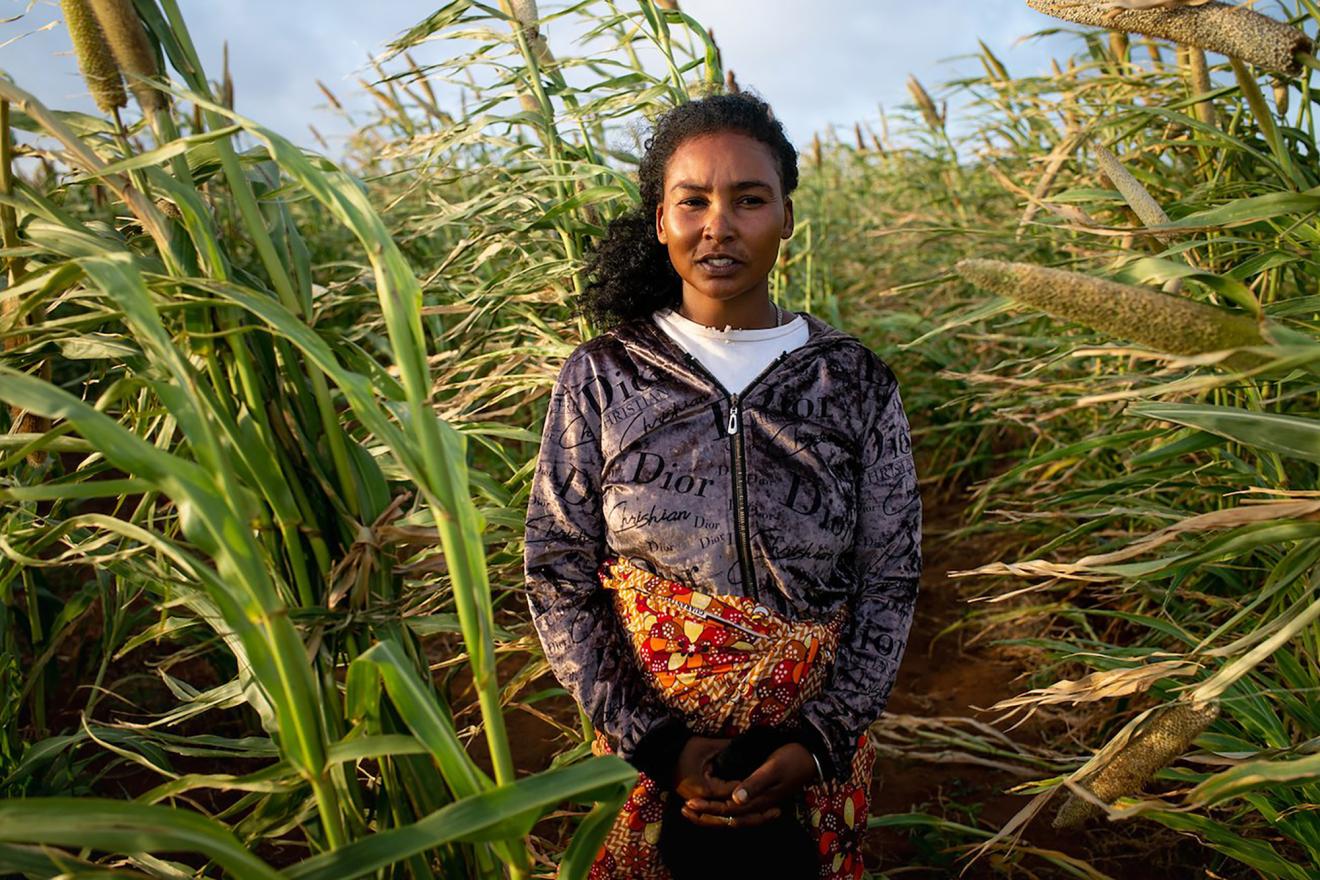Learn more about the Sustainable Development Goals! On our student resources page you will find plenty of materials for young people and adults alike. Share with your family and friends to help achieve a better world for all.
Journalism in the face of the environmental crisis
This year’s World Press Freedom Day (3 May) focuses on the importance of journalism and freedom of expression in the context of the global environmental crisis. Journalists face significant challenges in gathering and disseminating information on issues such as climate change, illegal mining, and deforestation. Misinformation campaigns pose a threat to informed public debate and can undermine international efforts to tackle environmental issues. Accurate, timely and comprehensive reporting on environmental issues is critical to achieving sustainable development.

Targeting Rafah could lead to slaughter, warns UN aid agency
3 May 2024 — An Israeli military operation in Rafah “could lead to a slaughter” and cripple lifesaving humanitarian work throughout Gaza, the UN aid coordination office, OCHA, said on Friday....
Guterres demands better protection for journalists on environment beat
2 May 2024 — Friday marks World Press Freedom Day and UN Secretary-General António Guterres is highlighting an uptick in violence faced by journalists covering environmental issues, which has made...
10,000 people feared buried under the rubble in Gaza
2 May 2024 — More than 10,000 people are believed buried under the rubble in Gaza after nearly seven months of devastating conflict, UN humanitarians said on Thursday, citing the enclave’s health...

